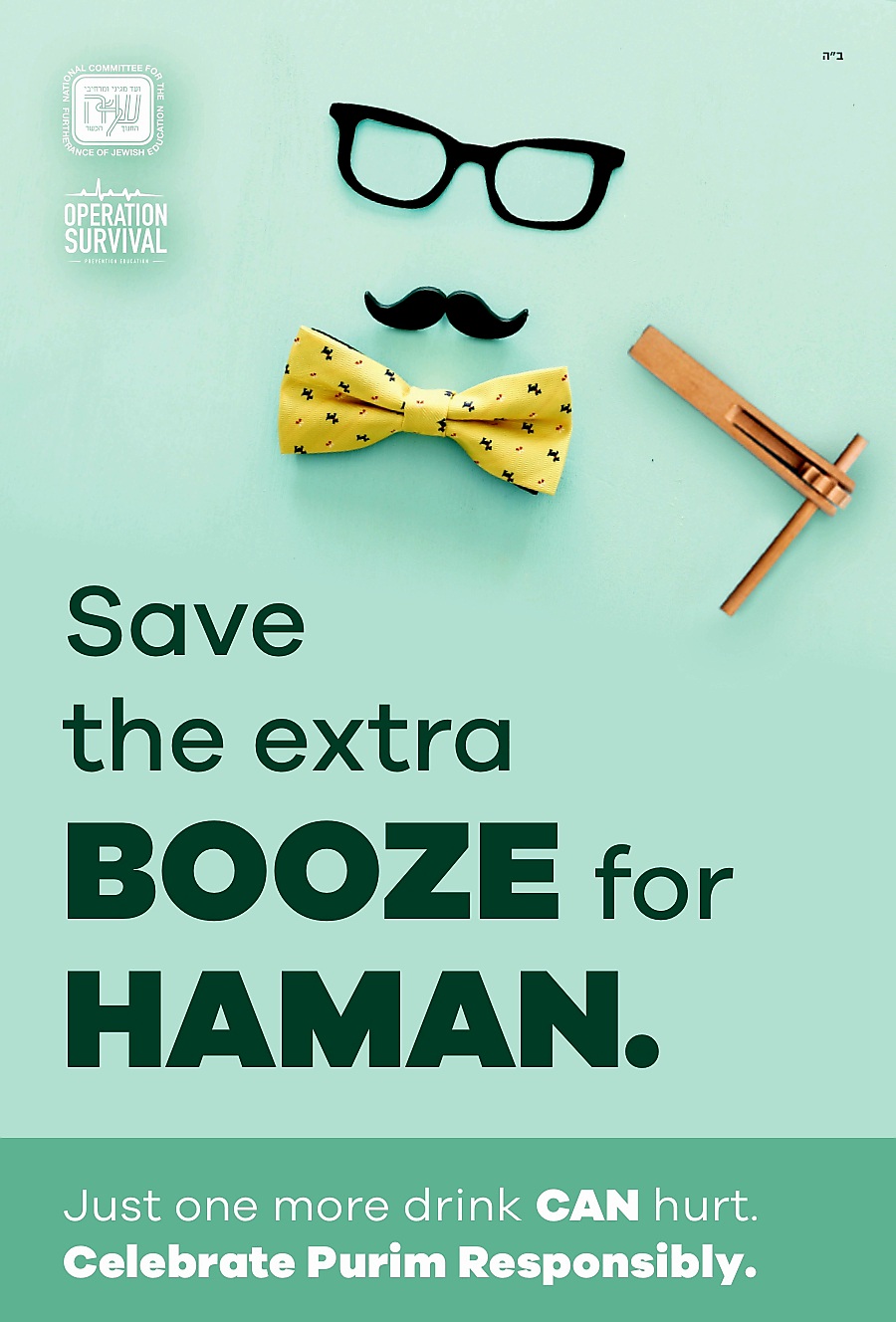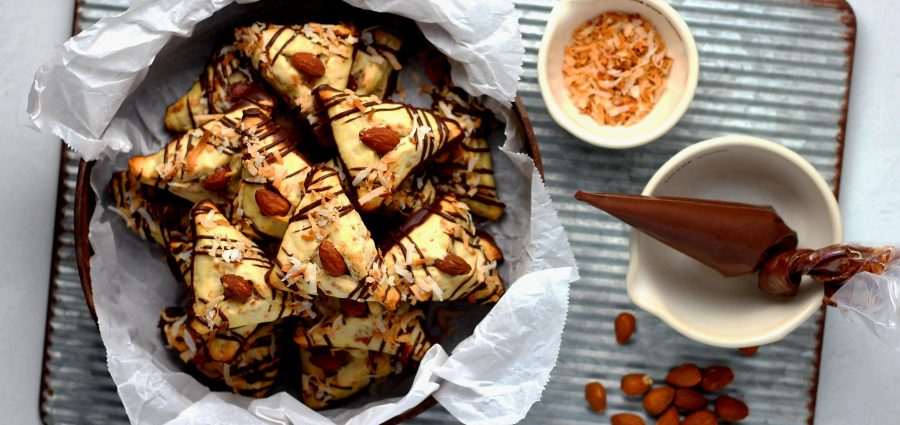Purim (Hebrew: פּוּרִים, Pûrîm “lots”, from the word פור pur, also called the Festival of Lots) is a Jewish holiday that celebrates the salvation of the Jewish people from a massacre planned by Haman, an advisor to the Persian king.
Purim for Hebrew Year 5783 begins at sundown on Monday, 06 March 2023 and ends at nightfall on Tuesday, 07 March 2023.
According to the biblical story, Queen Esther, who was Jewish, revealed Haman’s plan to the king and saved her people. Purim is a festive occasion that is celebrated with prayers, charity, and feasting. One of the most notable aspects of Purim is the consumption of alcohol.

The role of alcohol in Purim dates back to ancient times when it was customary to drink on festive occasions. In fact, the Talmud, a central text of Judaism, instructs Jews to drink until they cannot distinguish between “cursed be Haman” and “blessed be Mordechai,” the hero of the Purim story. This instruction has been interpreted in various ways, but it is generally understood to mean that one should drink enough to become joyful and uninhibited.
The custom of drinking on Purim is based on the idea that alcohol helps to remove inhibitions and bring people closer together. In this context, drinking is seen as a way of breaking down social barriers and fostering a sense of community. By drinking together, people can connect with one another and celebrate their shared identity as Jews.
However, the tradition of drinking on Purim has also been criticized for promoting excessive drinking and even drunkenness. Some have argued that the emphasis on alcohol during the holiday can lead to dangerous behavior and put people at risk. In response to these concerns, some communities have modified the tradition by limiting the amount of alcohol that is consumed or by emphasizing responsible drinking.
Despite these concerns, many Jews continue to celebrate Purim with alcohol. In some communities, it is customary to dress up in costumes and participate in parades or carnivals. Alcohol is often served at these events, and people may drink wine or other alcoholic beverages throughout the day. In some cases, the drinking may continue into the night, and some people may become intoxicated.
It is important to note that while the tradition of drinking on Purim may have its roots in ancient customs, it is not a requirement of the holiday. Jews are not obligated to drink on Purim, and it is possible to celebrate the holiday without consuming alcohol. Additionally, those who do choose to drink should do so responsibly and in moderation.
In conclusion, Purim is a festive holiday that is celebrated with prayer, charity, and feasting. The tradition of drinking on Purim is a longstanding custom that is based on the idea of breaking down social barriers and fostering community. While this tradition has its critics, it remains an important part of the holiday for many Jews. However, it is important to remember that drinking is not a requirement of the holiday, and those who choose to drink should do so responsibly and in moderation.








